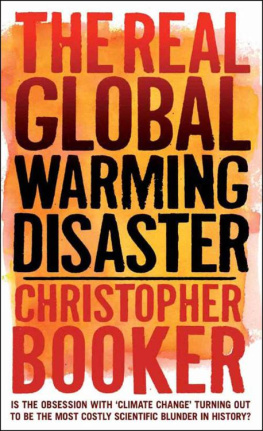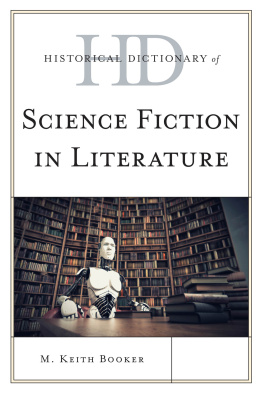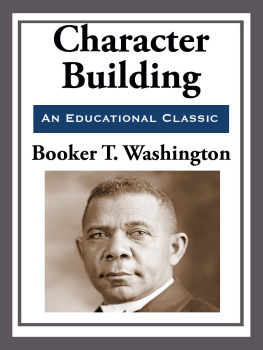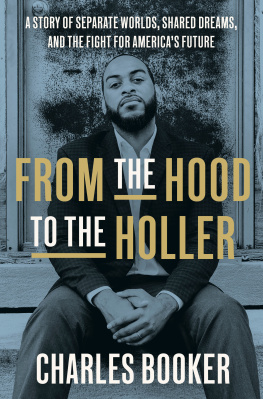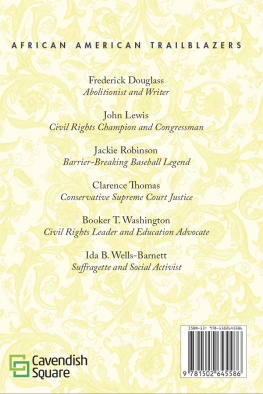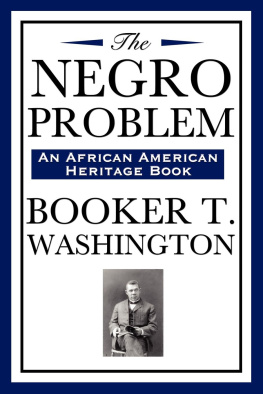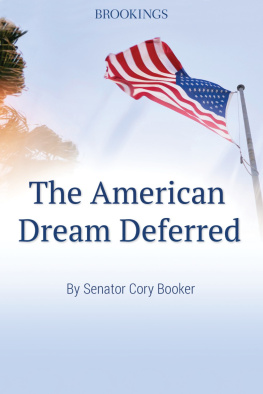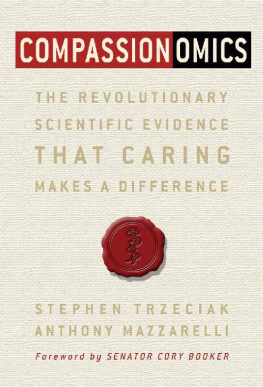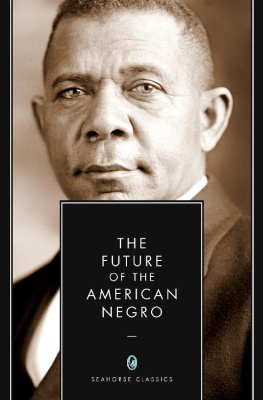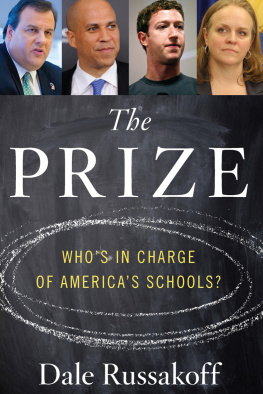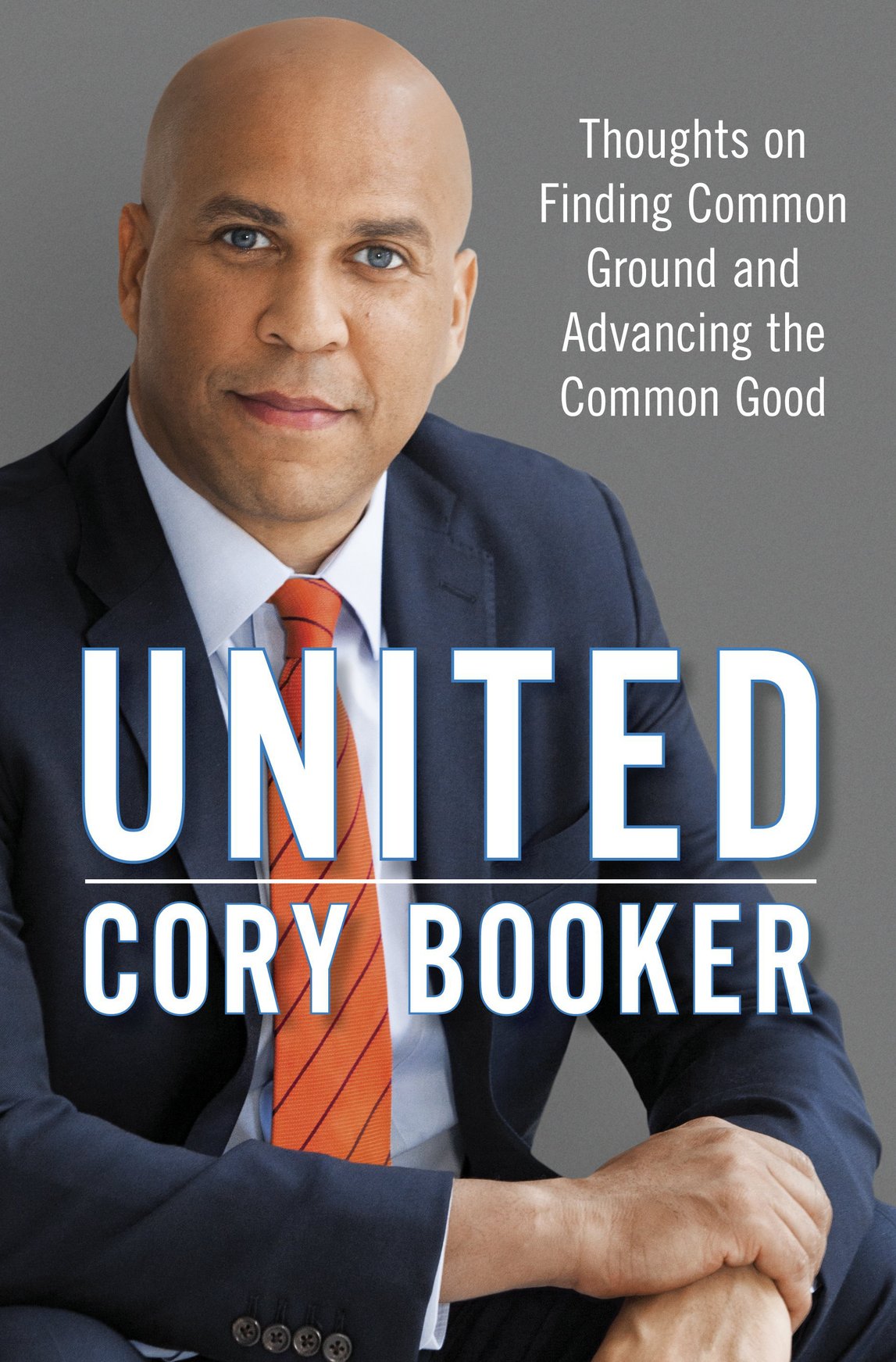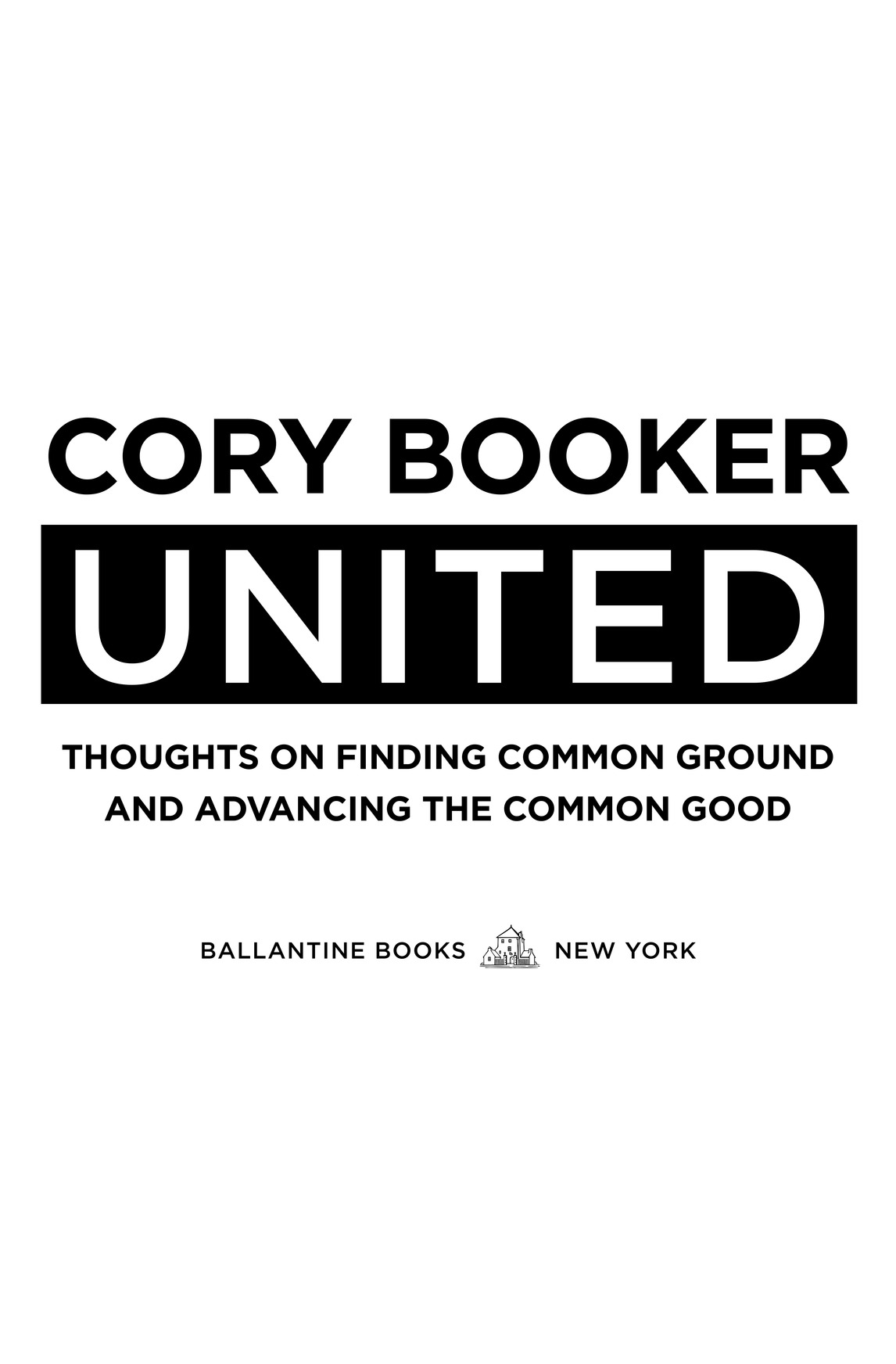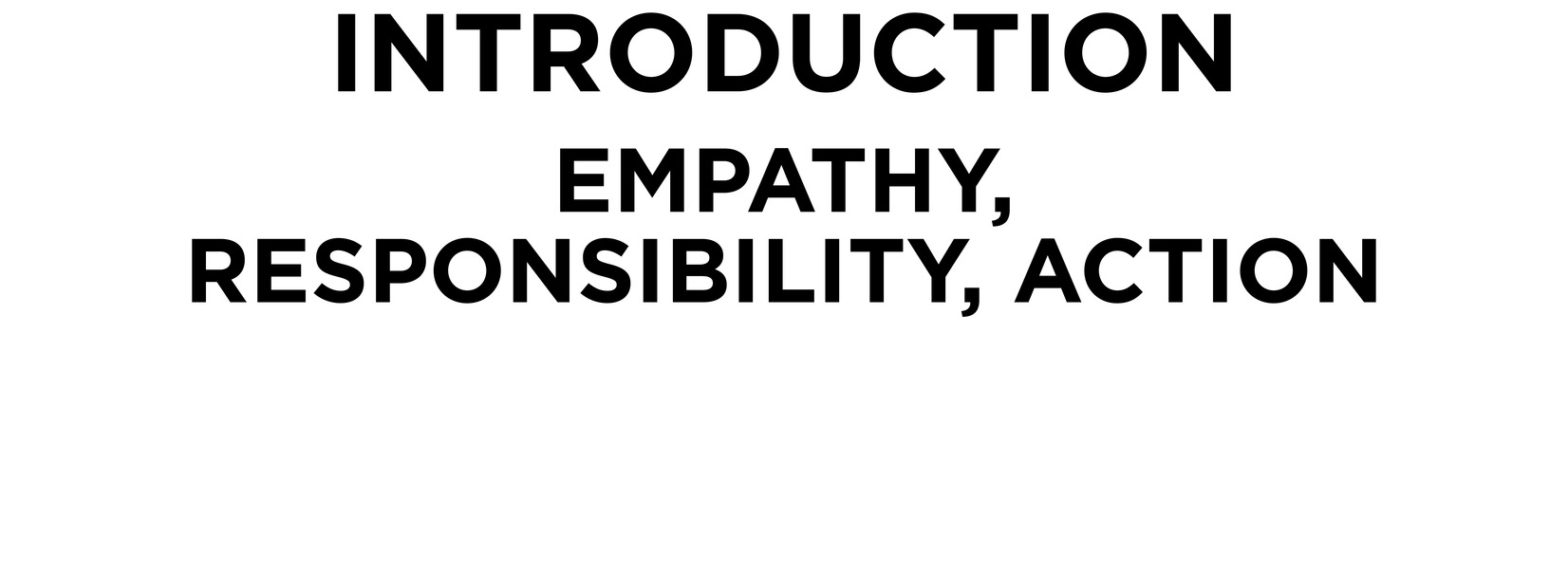All rights reserved.
Published in the United States by Ballantine Books, an imprint of Random House, a division of Penguin Random House LLC, New York.
B ALLANTINE and the H OUSE colophon are registered trademarks of Penguin Random House LLC.
Names: Booker, Cory, author.
Title: United : thoughts on finding common ground and advancing the common good / Cory Booker.
Description: New York : Ballantine Books, 2016. | Description based on print version record and CIP data provided by publisher; resource not viewed.
Identifiers: LCCN 2015050551 (print) | LCCN 2015048415 (ebook) | ISBN 9781101965177 (ebook) | ISBN 9781101965160 (hardcover : alk. paper)
Subjects: LCSH: Booker, Cory. | LegislatorsUnited StatesBiography. | United StatesPolitics and government2009 | Newark (N.J.)Biography.
Classification: LCC E901.1. B66 (print) | LCC E901.1. B66 A3 2016 (ebook) | DDC 328.73/092dc23
Mama exhorted her children at every opportunity to jump at the sun. We might not land on the sun, but at least we would get off the ground.
Z ORA N EALE H URSTON
T his book is about my political and personal awakening, but it is my hope that the stories within it speak to us all. My official bioas is so often the casefails to capture the most meaningful aspects of my life. It marks public and professional achievements, yes, but it ignores the personal journey; the private difficulties and breakthroughs; the low moments and highlights I experienced along the way, where I found true growth and learned hard lessons. Rsum milestones may sound good, but they scarcely begin to account for what gives life real substance and meaning.
Over the past two decades, I have tried to take on some of the thorniest issues of our day, and I have been humbled and inspired, time and again, in the search for solutions. In the following pages I will introduce you to many of the peoplefamily and friends, teachers and mentors, grassroots leaders and determined citizenswho influenced, shaped, and guided me at the moments I needed it most: people who didnt necessarily have fancy rsums but who, in the face of staggering challenges, managed to bring about substantive change and make profound contributions to their communities. They are people I try to honor every day. To honor someone is not just about venerating them; its about learning from them. And one of the most valuable things Ive learned since moving to Newark almost twenty years ago is the need for a deeper awareness of our human connection.
Ive learned that we must be more courageous in the empathy we extend to one another; we must shoulder a deeper responsibility for one another, and we must act in greater concert with one another. This is the wisdom that has been imparted to me by so many of the people I have met on my lifes journey. It is a refrain I have heard, time and again, and come to revere: the lines that divide us are nowhere near as strong as the ties that bind us; despite our very real differences, we share common interests, a common cause, and, incontrovertibly, a common destiny. And it is this spirit, this ideal, that is at the core of this book.
E pluribus unumout of many, one. I am proud of this virtue, so evident in the people Ive met in my life, and find myself returning to it as one of our most consequential values. Our nation speaks of individual rights and freedoms, personal responsibility and self-reliance, and yet we have consistently demonstrated, in spirit and sacrifice, the idea that we are better togetherthat while our differences matter, our nation matters more.
We make a grave mistake when we assume this spirit of connectedness is automatic or inevitable. It is not a birthright. A united country is an enduring struggle. It takes collective work and individual sacrifice. It is not enough to call on others or wait for a leader to emerge who will exalt our national values. I believe this is the question we face, as citizens of this nation: what will we do to affirm this most critical American virtue? When too many are despairing over a nation that seems mired in partisanship, divisions, and petty grievances, and a society that still struggles to address enduring injustices, it is imperative that we recognize the power we have to transform the reality we criticize or condemn. As Alice Walker wrote, The most common way people give up their power is by thinking they dont have any.
We have a choice to make: accept things as they are orlike so many before us, from the patriots of Lexington and Concord to the Freedom Riders of the modern civil rights movementtake responsibility for changing things. We must push ourselves out of our comfort zones, and realize that the world will not change unless we do. It is not enough to seek modest improvement; we must reach beyond such meager measures and find the breakthroughs that come from working together. We must begin to see and understand one another, and to realize that we are one anothers best hope to fulfill our nations bold promise.
In the end, it is up to us to instruct, inspire, and encourage one another by what we do and how we live. We must all, in this sense, be activists. If we want more connection, we must work harder to connect with others. If we want more unity, we must work to be uniters. If we want more leadership, then we must lead. The most profound changes in our country have come when individuals joined with other individuals in the stubborn belief that they could make change. This is a phenomenon I have been blessed to witness throughout my life and career, and it is a lesson I have learned the hard way, through trial and error, and through the grace and generosity of those I have met on my journey.
What we need now, more than anything else, are people who are willing to do the difficult work of bridging gaps and healing wounds, people in our communities who can rally others together, across lines of division, for the greater good, people who reject cynicism and winner-take-all politics, and instead embrace the more difficult work this generation now faces: to unite our country in common cause.
I celebrate ideals of individual excellence, self-reliance, and personal responsibility. These are values that were instilled in me by my mother and father, and modeled for me by a loving community of elders. I hold these values deeply. But rugged individualism alone did not get us to the moon. It did not end slavery, win World War II, pass the Voting Rights Act, or bring down the Berlin Wall. It didnt build our dams, bridges, and highways, or map the human genome. Our most lasting accomplishments require mutual effort and shared sacrifice; this is an idea that is woven into the very fabric of this country. You need look no further than the Declaration of Independence, in which the Founders set forth the essential notion that we must, above all, be committed to one another: And for the support of this Declaration, they wrote, with a firm reliance on the protection of divine Providence, we mutually pledge to each other our Lives, our Fortunes and our sacred Honor. Or to George Washington, who reminded our young nation in his farewell address: You have in a common cause fought and triumphed together; the independence and liberty you possess are the work of joint counsels and joint effortsof common dangers, sufferings, and successes.



